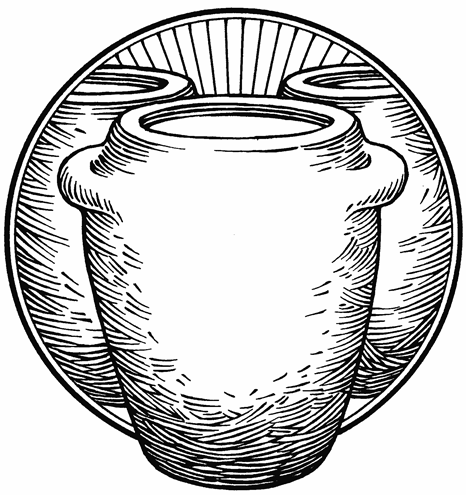Tag: Second Sunday after the Epiphany
-

Second Sunday after the Epiphany
Readings: Amos 9:11-15 | Romans 12:6-16 | John 2:1-11 Text: John 2:1-11 There are two Old Testament readings assigned for this Sunday. One is from Exodus 33:12-23. In that, we read: 18 Moses said, “Please show me your glory.” 19 And he said, “I will make all my goodness pass before you and will proclaim before you…
-
Second Sunday after the Epiphany
Readings: Amos 9:11–15 | Romans 12:6–16 | John 2:1–11 Text: John 2:1-11 Today, we’ll start with the end of the lesson: “This, the first of his signs, Jesus did at Cana in Galilee, and manifested his glory. And his disciples believed in him.” The Wedding at Cana is not primarily about marriage, or whether drinking…
-
Second Sunday after the Epiphany (John 1:29-42a)
Every year in January, the Consumer Electronics Show (CES) is a chance for manufacturers to tout their latest innovations, upgrades in the most attractive way. This year’s convention had everything from a foldable tablet to a spoof toilet paper robot by Charmin. But every year the theme is celebrating the new and leaving the old…
-
Second Sunday after the Epiphany ( John 2:1-11)
Bethlehem Lutheran & Bethel Lutheran Church, Lebanon & Sweet Home, OR Second Sunday after the Epiphany + January 20, 2019 Text: John 2:1-11 When Moses was leading Israel through the wilderness toward the land of promise, he was content to know that the Lord went with them. But more than a stranger on the bus,…
-
Pointing to the Lamb of God (John 1:29-42)
Bethlehem Lutheran Church, Lebanon, OR Second Sunday after the Epiphany + January 15, 2017 Text: John 1:29-42a Jack Friday in Dragnet was famous for saying, “Just the facts, ma’am.” Whenever they would interview a witness, it undoubtedly happened that they would trail off into personal experiences and opinions about the suspect. But what is…